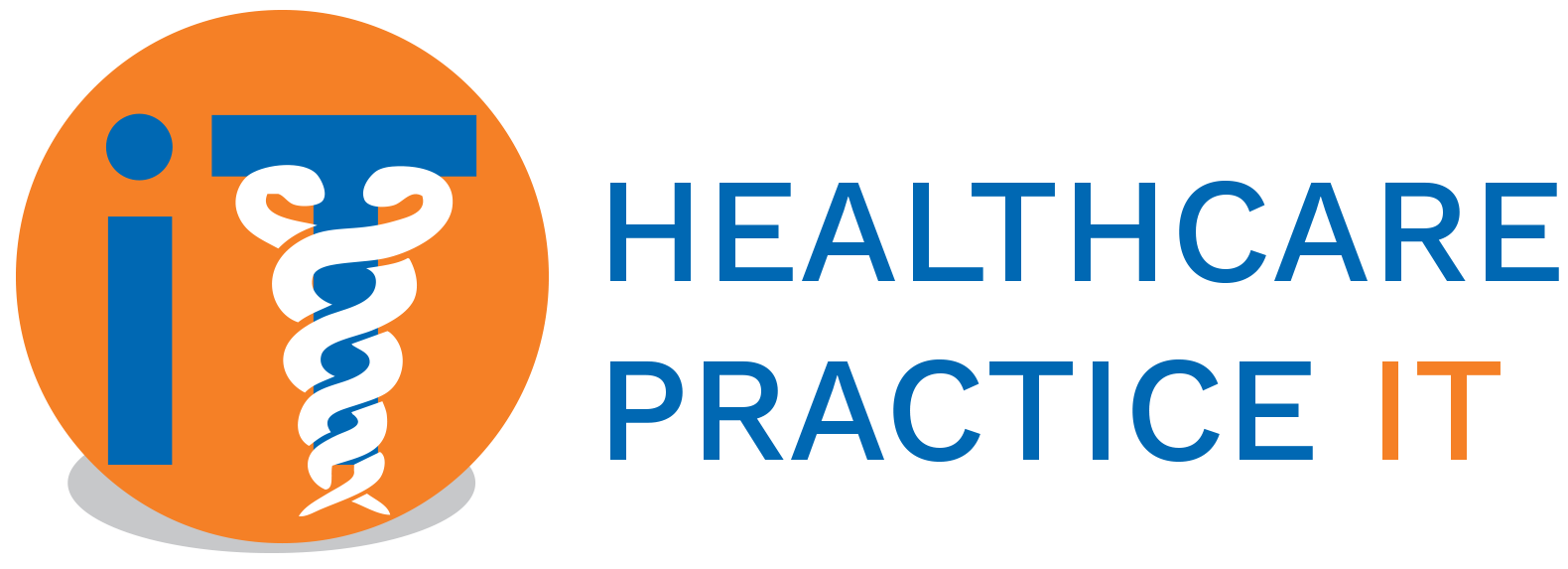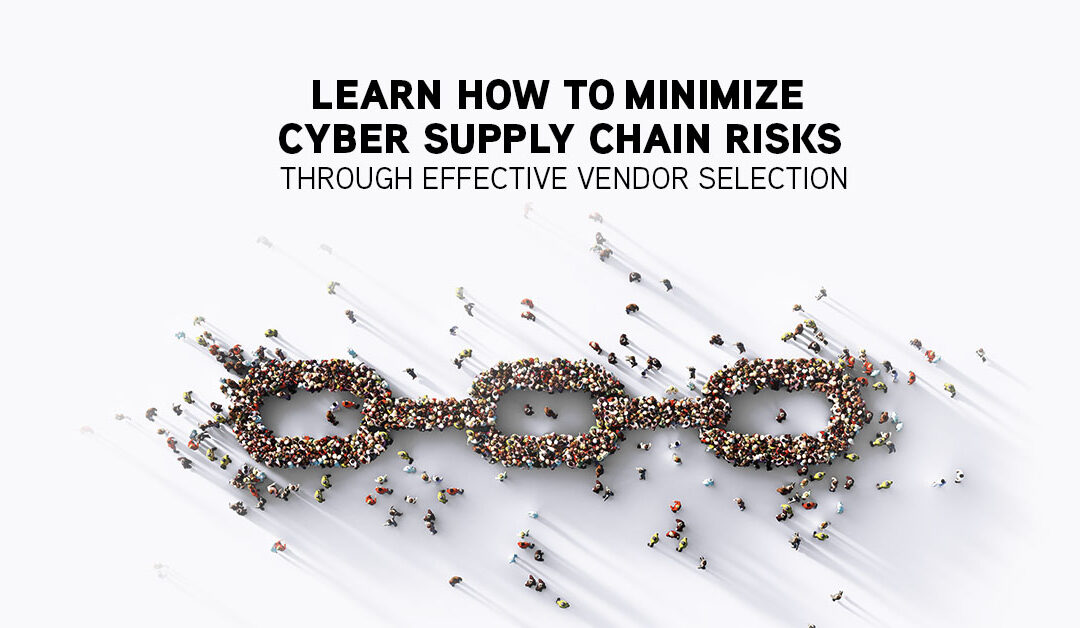Minimizing Cyber Supply Chain Risks through Effective Vendor Selection
Introduction
Definition of Cyber Supply Chain Risks
Cyber supply chain risks refer to the threats that arise from the use of products or services provided by external vendors in an organization’s IT infrastructure. These risks can originate from various sources such as malware-infected software, compromised hardware, or unreliable service providers.
Importance of Effective Vendor Selection
Effective vendor selection is critical to minimize cyber supply chain risks and ensure the security of an organization’s sensitive information. In today’s interconnected world, organizations rely on a wide range of vendors to provide IT services, software, hardware, and other products. However, relying on untrusted or unsecured vendors can put organizations at risk of cyber attacks, data breaches, and other security incidents.
Understanding Cyber Supply Chain Risks
Types of Cyber Threats
Cyber threats come in many forms and can cause significant harm to organizations. Some common types of cyber threats include malware, phishing attacks, social engineering, and man-in-the-middle attacks.
Impact of Cyber Threats
Cyber threats can result in financial losses, repetitional damage, legal liabilities, and loss of sensitive information. In addition, cyber threats can also disrupt an organization’s operations, leading to costly downtime and loss of productivity.
Steps for Effective Vendor Selection
Conducting Due Diligence
Due diligence is the process of researching and verifying the security and reliability of a vendor. This includes reviewing the vendor’s security policies, procedures, and past security incidents, as well as conducting background checks and security audits.
Performing Cybersecurity Assessment
A cybersecurity assessment is a systematic evaluation of a vendor’s security posture, including their technical security controls and processes. This helps organizations understand the vendor’s level of security and identify any potential vulnerabilities or risks.
Implementing Data Protection Measures
Implementing data protection measures helps healthcare organizations ensure that their sensitive information is protected from unauthorized access and misuse. This includes implementing encryption, access controls, and secure data storage and transmission practices. Healthcare organizations should also consider the vendor’s privacy policies and procedures, as well as their compliance with relevant regulations such as HIPAA or PCI.
More blog articles
Co-Managed IT for Healthcare Organizations
Co-managed IT is a service model that can help healthcare organizations
improve their IT infrastructure while minimizing risk and cost. By partnering
with a co-managed IT provider that specializes in healthcare, organizations
can ensure that their IT systems are secure, compliant, and optimized for
performance. Learn more about the benefits of co-managed IT for
healthcare organizations and how to implement it in our latest blog post
Co-Managed Healthcare IT Myths
Co-Managed IT Services have emerged as a viable solution for healthcare organizations to leverage the benefits of IT without breaking the bank. In this article, we debunk some of the most common Co-Managed IT myths and explore the benefits of partnering with a Managed Service Provider.
Minimizing Healthcare’s Cyber Supply Chain Risks through Effective Vendor Selection
Minimizing Healthcare’s Cyber Supply Chain Risks through Effective Vendor Selection Introduction In the digital age, healthcare organizations face an increasing threat from cyberattacks. With the sensitive and personal information they hold, these organizations are...




